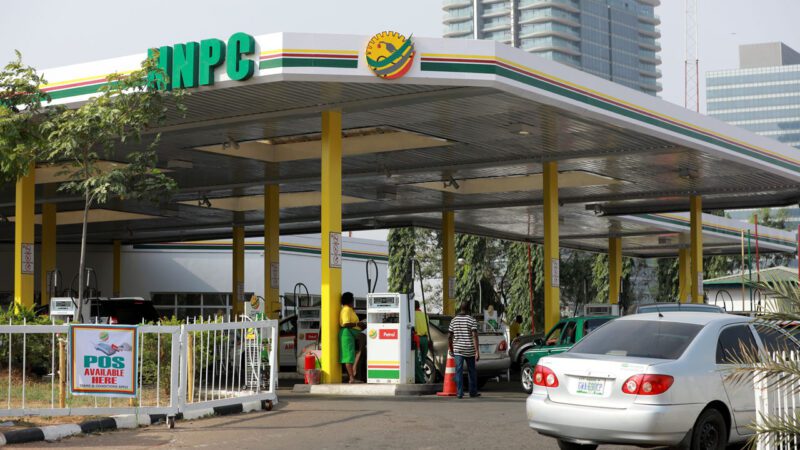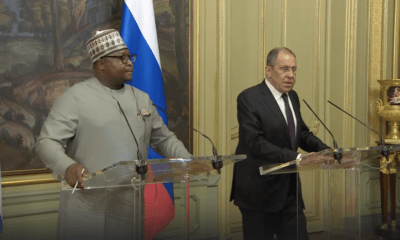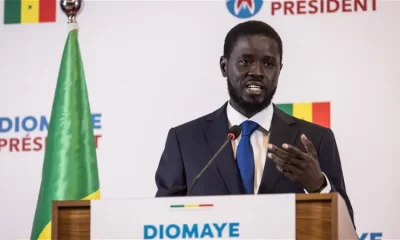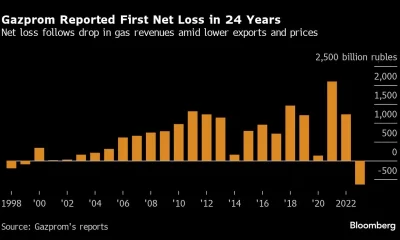National Issues
Petroleum Price Normalisation At Work -By Nurudeen Dauda
It is apt to state that, with Dangote refinery the cost of Diesel (AGO) and Aviation fuel (Jet-A1) reduced because there were no subsidies on them, the consumers paid cost reflective prices on them. For petrol (PMS) is a different story. The price of petrol (PMS) may not go back to pre- May, 2023 or N600 because cost reflective price has not been charged for petrol (PMS).

To start with, before the twin policies of fuel subsidy removal and exchange rates unification by president Tibunu’s administration, the official price of petrol (PMS) was about N192, Diesel (AGO) N850, Kerosene (DPK) N1,100, Aviation fuel (Jet-A1) N700, and cooking Gas (LPG) about N750.
After the implementation of the said policies, the price of petrol (PMS) went to slightly above N600 and remained there for quite some time despite the immediate “consequences” of the policy of the exchange rate unification in the foreign exchange market which led to the free for all “fall” in the value of Naira from the official rate of N414 to above N1,900 in parallel market.
Within the same period, the prices of Diesel (AGO) increased from about N850 to about N1, 700; Kerosene (DPK) from N1,100 to about N1, 450; Aviation fuel (Jet-A1) from N700 to about N1,500; and cooking Gas (LPG) from about N750 to about N1, 200. Those who know the parameters in the market know too very well that there was no “magic” whatsoever that could have retained the price of petrol (PMS) unchanged as we had it unless subsidies were paid whether officially or otherwise.
Experts in the Oil and Gas industry will nothing, but agree with me that had the petrol (PMS) price been truly cost reflective without any form of subsidy after its acclaim removal its price would have since been competing with those of Diesel, and Kerosene prices etc. Subsidies were removed in all the by-products of crude oil; such as: Diesel (AGO) , Kerosene (DPK), Aviation fuel (Jet-A1), and cooking Gas (LPG) etc., by the previous governments, but attempts at petrol subsidy removal by various governments at various times were largely resisted.
However, In my thought, the present “shortage” and or “scarcity”of petrol (PMS) is a “process” of its actual cost reflective pricing” free from any form of “subsidy” by the government ahead of the eminent “entry” of Dangote refinery into the industry. Dangote refinery will very soon start supplying petrol (PMS) to the market. The entry of Dangote refinery into the industry may not bring the cost of fuel below N600 Naira as some people thought because the price we have been paying for the product was not cost reflective if one puts exchange rate into consideration.
It is apt to state that, with Dangote refinery the cost of Diesel (AGO) and Aviation fuel (Jet-A1) reduced because there were no subsidies on them, the consumers paid cost reflective prices on them. For petrol (PMS) is a different story. The price of petrol (PMS) may not go back to pre- May, 2023 or N600 because cost reflective price has not been charged for petrol (PMS).
In my thought, the reduction of the price of Diesel (AGO) from about N1700 to about N1,100 occasioned by improvement in the value of Naira against the dollar and the recent entry of Dangote refinery into the market is a huge relief to the economy. Almost 98% of our heavy duty trucks which move all kinds of goods to various destinations for our consumption use Diesel (AGO) as fuel. Most of our local industries use Diesel (AGO) for their operations while most of our private cars use petrol. If the price of Diesel stays at its present price or goes lower we will likely see its impact on the prices of goods!
Few days to the end of president Obasanjo’s administration in 2007 , 51% stakes of our moribund Kaduna and Port Harcourt refineries were privatized to a business consortium led by Alh. Aliko Dangote with the aims of resuscitating them for local refining, but soon after late president Yar’adu took over he revoked the transaction. It is interesting to note that Dangote was granted private refinery license by the Buhari administration which he built from the scratch. The federal government under president Buhari bought 20% stakes through NNPL. It is worth noting that, 20% of whatever will be generated by the refinery will go to the Nigerian government.
Our optimism about the refinery is that it is expected that it will have a double barrel positive “impact” on the Nigerian economy by reducing our dollar demand for refined products importation and increase dollar supply from the export of its excess refined products. If that happened it will strengthen the Naira against the dollar which hopefully benefit the economy.
The refinery’s 650,000 barrel production capacity is about 120million litres which is more than our about 50 million litres local demand daily. It is expected to meet 100 per cent of our consumption requirement when fully operational. It is projected to save Nigeria up to $10 billion in foreign exchange and generate another $10 billion in exports. It will save Nigeria about $9bn a year from importing petroleum products.
May God bless Nigeria!




















